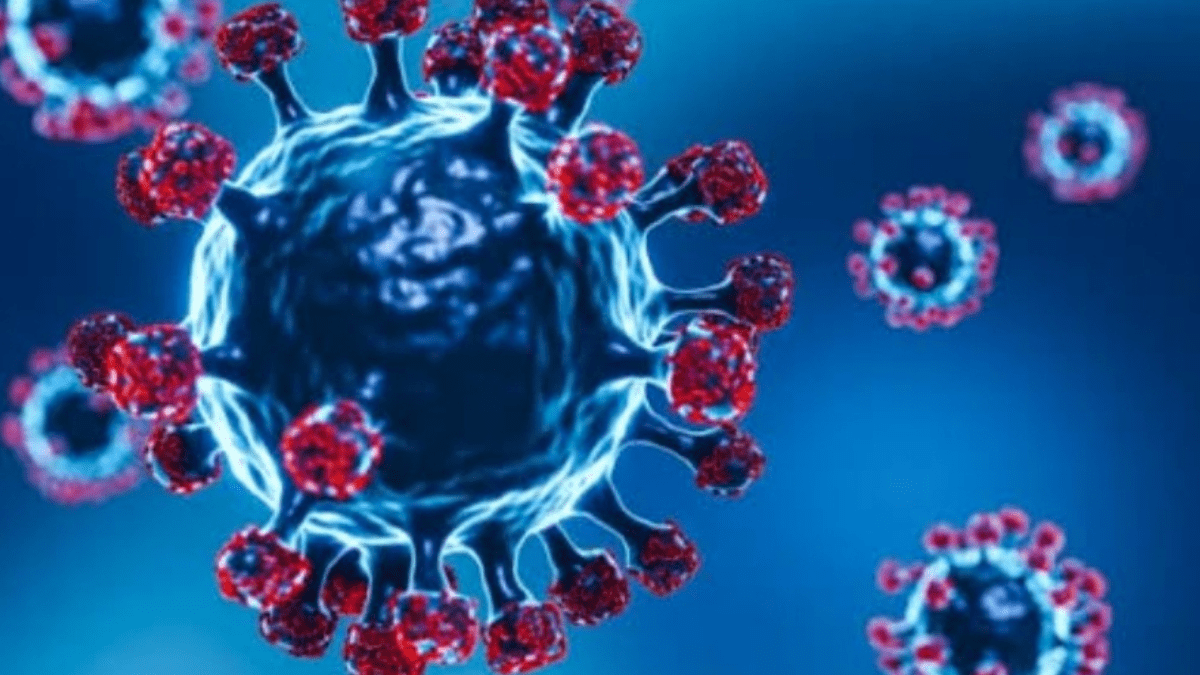During the pandemic’s peak, the researchers claimed that genotyping made it possible to identify COVID variant information and notify front-line health protection personnel more quickly.
According to a study published in The Lancet Microbe journal, a genotyping approach can detect novel variants of SARS-CoV-2 approximately a week faster than existing methods. By analyzing a person’s DNA sequence using biological assays and comparing it to the sequence of another individual or a reference sequence, genotyping is the process of identifying variations in an individual’s genetic makeup (genotype).
During the pandemic’s peak, the researchers claimed that genotyping made it possible to identify COVID variant information and notify front-line health protection personnel more quickly. They added that the method aided in the quicker implementation of local control measures like contact tracking.
“When the COVID pandemic first started, the highly precise method known as whole genome sequencing was used to identify the variant that individuals were infected with.”
The gold standard diagnostic technique for locating and analyzing genetic variations is whole genome sequencing. However, its usefulness is limited in situations where huge populations must be evaluated quickly due to cost, capacity, and timeliness.
“The technology known as ‘genotype assay testing’ or genotyping allows scientists to explore genetic variants,” The group looked at data for more than 115,000 instances (1.15 lakh) where whole genome sequencing and genotyping provided information on COVID variants.
They proved that the genotyping findings were extremely accurate by comparing the variant result from genotyping with the result from whole genome sequencing.
We discovered that genotyping outperformed whole genome sequencing in terms of speed and cost-effectiveness in identifying known COVID variations. Compared to whole genome sequencing, they generated variant results six days faster, with data returned.
Additionally, the researchers discovered that genotyping made it possible to screen nine times as many samples for variations. This indicated that many more individuals had variations in them.
Thus, local control actions like contact tracing could take place more quickly.
Genotyping has the potential to greatly influence global disease control and public health decision-making in the future since it can be used to identify mutations in a broad variety of organisms, including people and animals.
